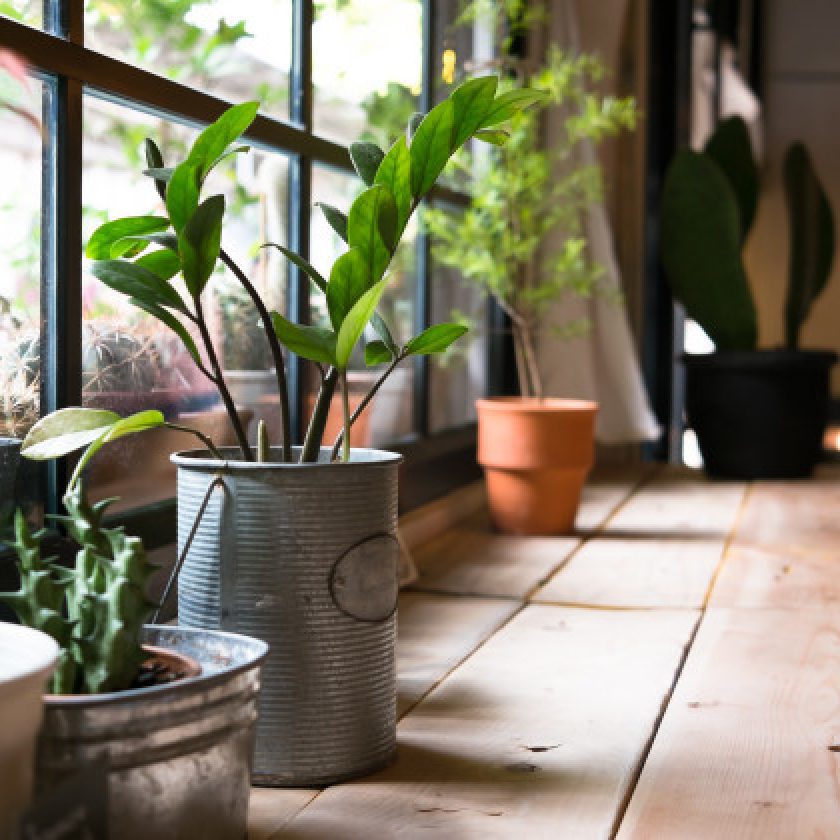Did you ever buy a plant from a nursery and give it care and attention? As a plant lover, I also give each plant its own area to grow and thrive. Your new plant may look fine for a while, but then it suddenly turns brown or worse, falls apart. Your beloved plant will begin to wither right in front of your eyes. Since you’re a plant fanatic hunting for stunning plants, your quest ends here. Buy rare plants online and flaunt off your new buddy.
What can you do to find out what is wrong? While you aren’t neglecting your plants, too much care and over-enthusiasm can also be detrimental. Let’s look at three possible reasons your plant might be dying at Live Enhanced.
1: Too Much Water or Not Enough
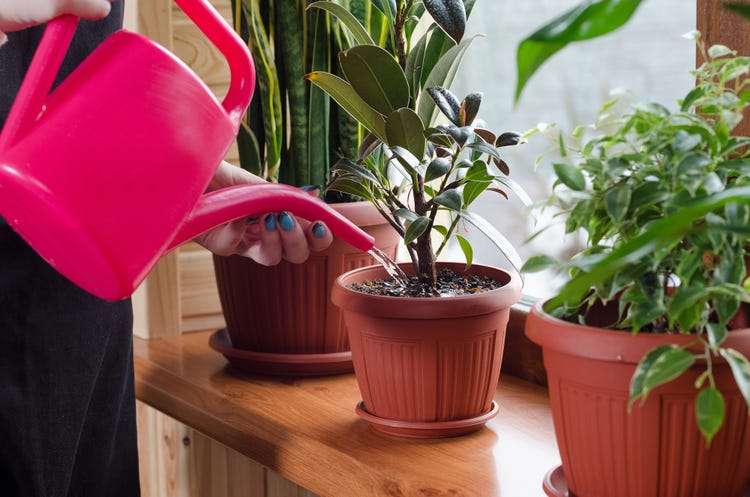
source: insider.co
Overwatering plants can be as dangerous as drowning. Overwatering a healthy plant can cause root rot.
Root rot is when a plant becomes sickly because it has been stripped of oxygen. A healthy plant will die if overwatering continues. How can you tell if your plant is suffering from root rot? Root rot is obvious when the leaves turn yellow or fall off, or wilt slowly.
When you buy a new plant, make sure to add drainage holes or ensure that the holes are big enough. This will help prevent soil from becoming too dry. Reduce the amount of water you give your plant if it is showing signs of root disease.
2: Insufficient Sun Light
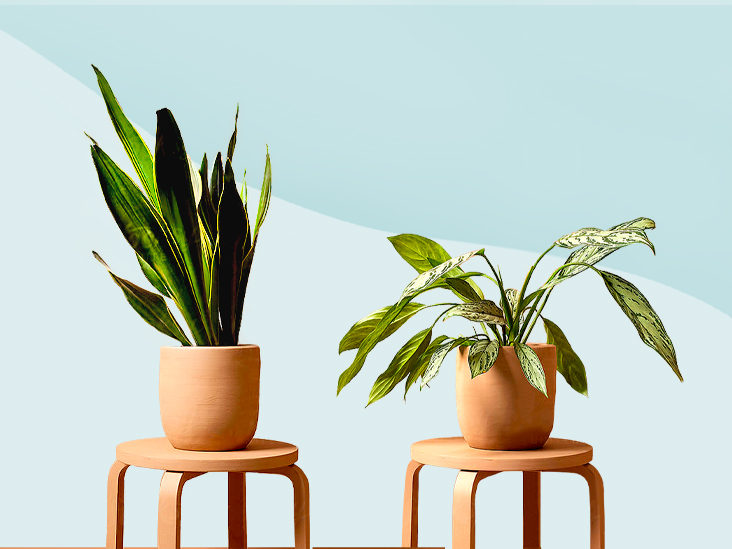
source: healthline.com
For plants to thrive, sunlight is essential. Natural sunlight is the best type of light. Lack of sunlight can cause plants to appear pale.
The leaves will eventually become floppy and lanky before they start to fall.
You can remedy this problem by choosing leafy houseplants. Because they are often found in tropical rainforests, leafy plants are well-suited to low light levels. Rainforests are often dense and can not receive sunlight. These plants can withstand poor lighting conditions and are therefore very resilient.
You can make a difference by changing the place and location. To get more natural light, you might place a plant near a bright window or an other open area. Avoid growing food plants indoors. This includes basil, tomatoes, carrots and other vegetables.
3: Too much Fertiliser
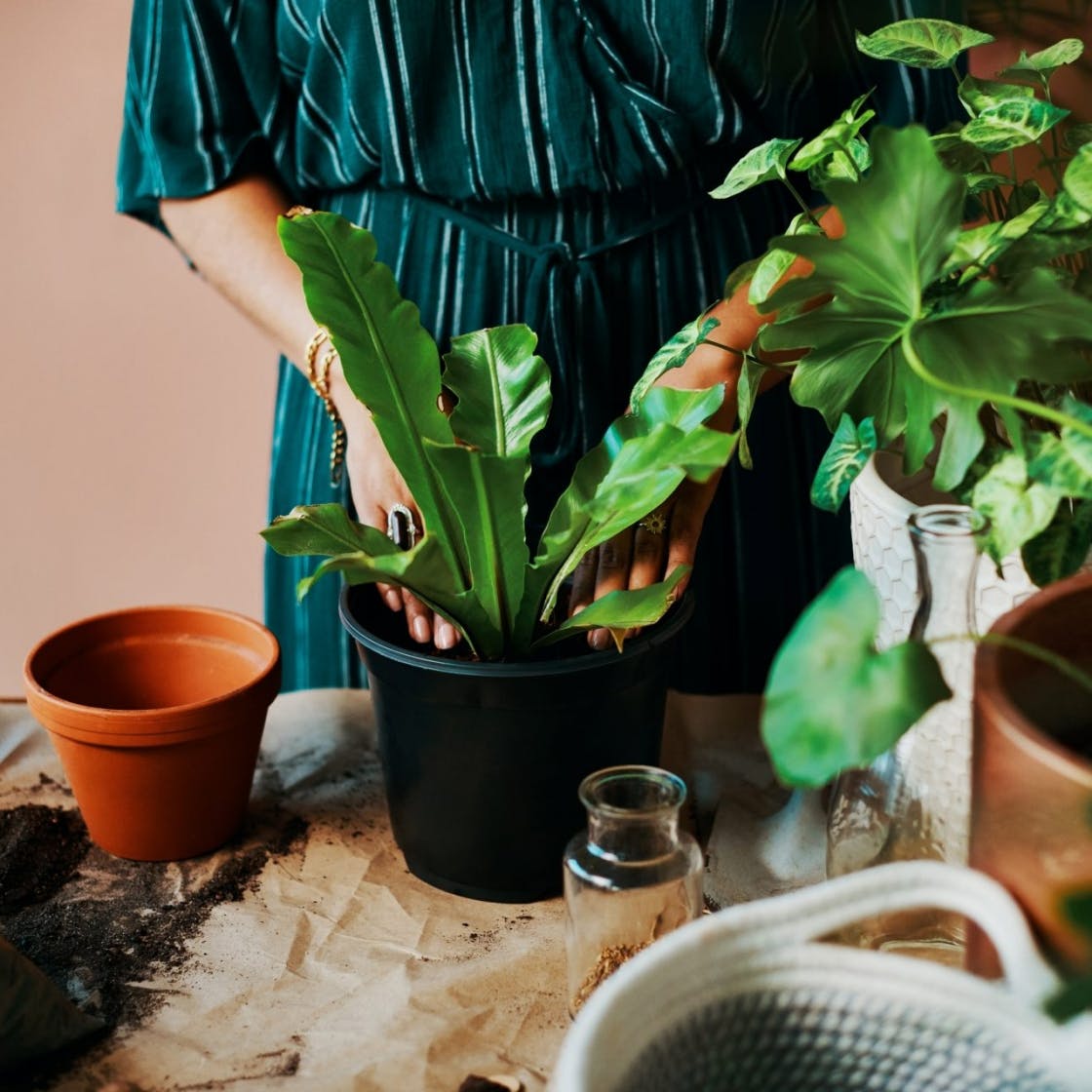
source: stylist.co.uk
Over fertilising can cause wilting in plants. Even if the plant has been given enough water, this will still happen. Another sign to watch out for is brown or soft tips. Inadequate fertilization or too much will result in a plant being deficient or over-nourished. Too many nutrients can cause root damage.
You don’t need to rush fertilizer as most potting soil already has enough nutrients.
To avoid burning the roots, I recommend either a time-release or solid fertilizer. I suggest fertilising a plant only when it is required. You can tell if your plant is experiencing stunted growth by small or pale leaves, new leaves that look pale, greenish veins and general lack of growth. You should be on the lookout for white or tanned substance, dust and dirt slowly building up in your plant’s tray. This indicates excess fertilisers and salts.
Additional Suggestions
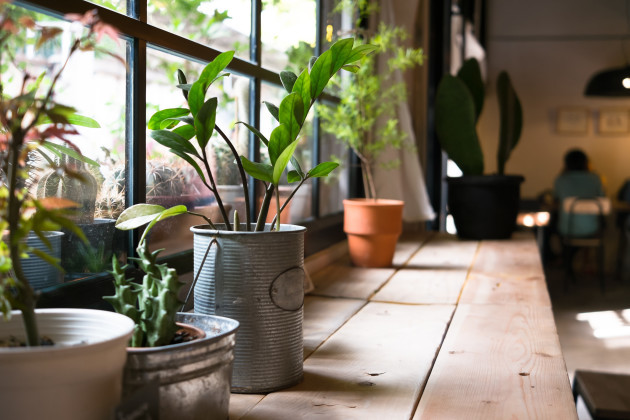
source: thejournal.ie
All plant lovers know that plants need three essential elements to thrive: water, light and soil. Different amounts of each of these elements are required for survival depending on what the plant is capable of producing.
How much sunlight, soil and water is enough? It all depends on the species of plant. Some plants need constant watering, while others prefer dry soil. Some plants need direct sunlight to thrive while others prefer shaded locations. Do your research and get advice from the staff of the nursery.
Some plants cannot be grown indoors. It is important to do your research so that you can make an informed decision about where to put the plant. The best results are usually achieved when the conditions are right.
Great indoor and garden plants, flowers, and great advice. Visit us.

